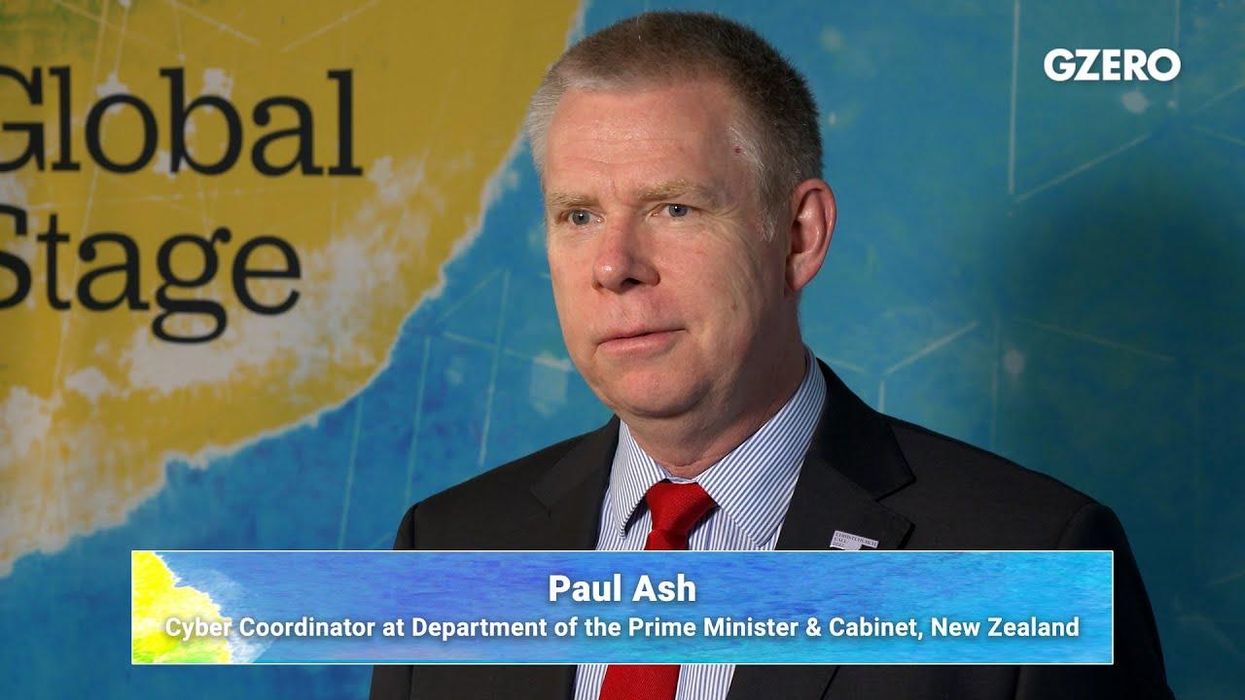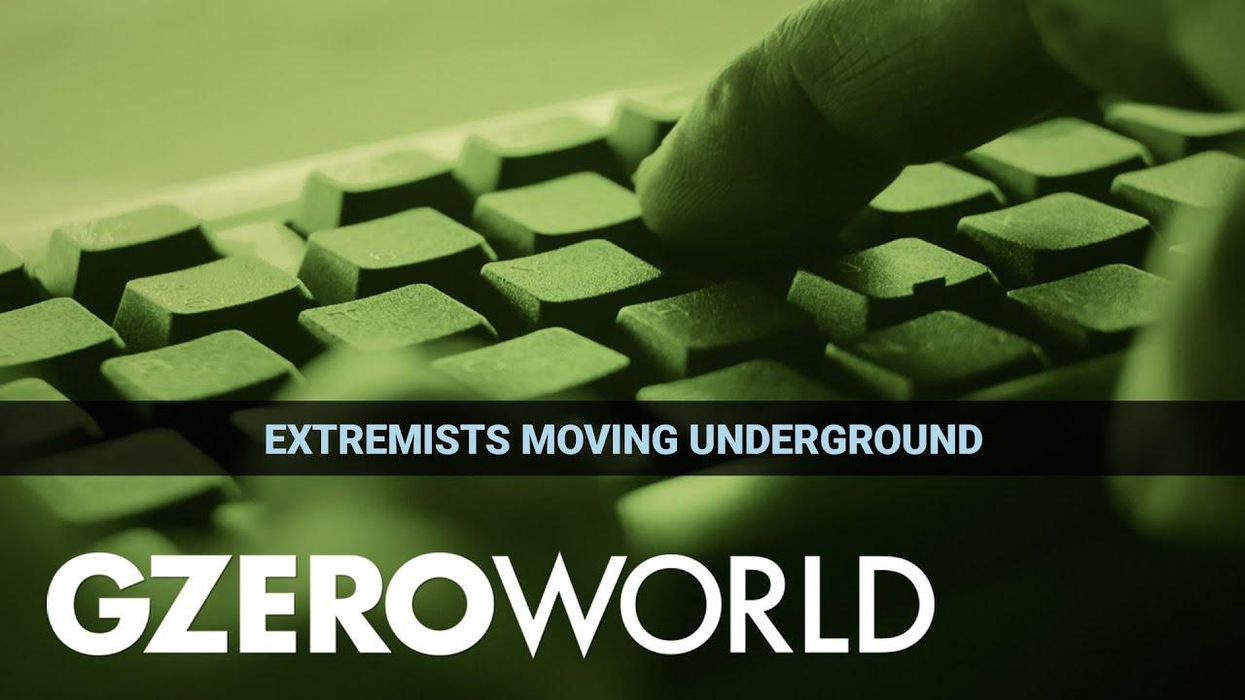Crisis Recovery
Future-proofing the internet from radicalization & extremist content
How do we respond to crises and keep people safe when the internet is abused by terrorists and violent extremists? How do we think about prevention? How do we future-proof Christchurch Call to Action (a political summit initiated by New Zealand’s Prime Minister Jacinda Ardern) as the internet changes into a more immersive environment? Paul Ash, PM Ardern’s Special Representative on Cyber and Digital, discussed with GZERO Media in an interview at the United Nations.
Sep 30, 2022



